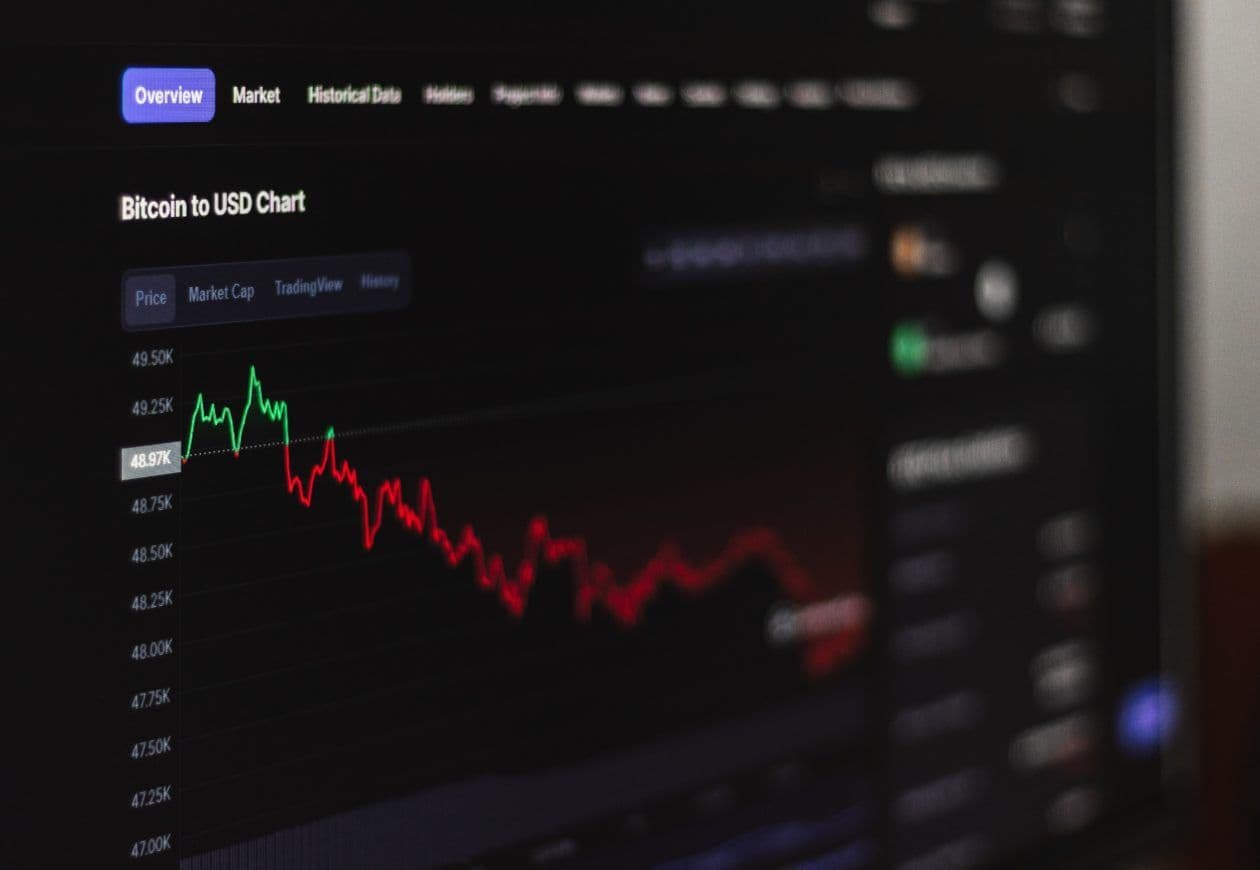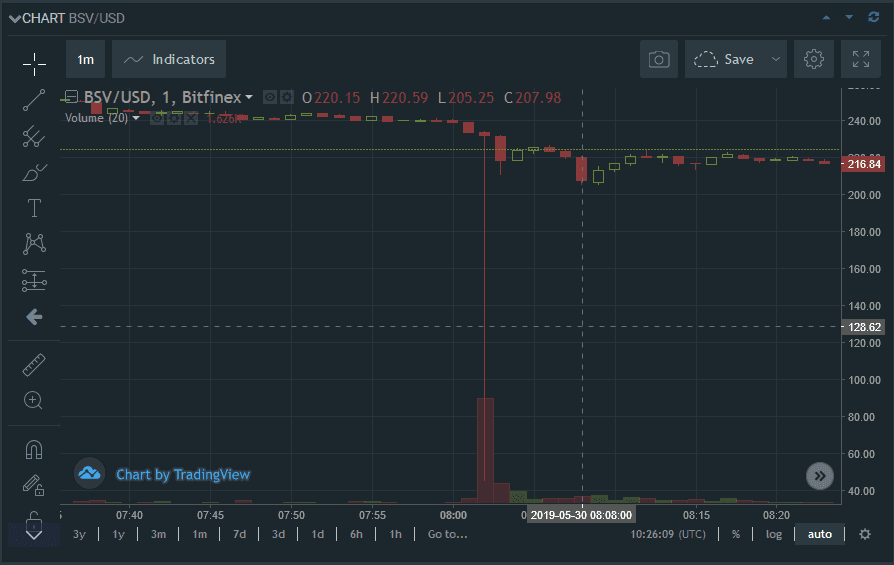Bitcoin Price Manipulation Faces Scrutiny
Ever since Bitcoin blew up at the end of 2017, its price has been subjected to extensive manipulation. Institutional investors – more commonly known as “whales” in crypto lingo – are able to shift the price trend in whichever direction […]

Ever since Bitcoin blew up at the end of 2017, its price has been subjected to extensive manipulation. Institutional investors – more commonly known as “whales” in crypto lingo – are able to shift the price trend in whichever direction they desire. As a result, smaller investors who are at the mercy of the whales’ whims have always been on the receiving end of these acts of market manipulation.
However, this is about to change.
Justice Department to Investigate Price Manipulation Suspicions
The Justice Department of the United States recently launched a criminal probe to investigate traders who are manipulating the price of Bitcoin and other cryptocurrencies. The market, which is already rife with devastating cases of scam is now under scrutiny for the virus that has plagued the traditional stock market for years – price manipulation.
According to a Bloomberg report, this probe is targeting market manipulation tactics that are deemed illegal such as spoofing or inundating the market with fake orders to alter market sentiments, fooling people into buying or selling their tokens. This investigation is conducted in collaboration with the Commodity Futures Trading Commission (CFTC), who previously expressed intentions of cracking down on fraudulent ICOs to ensure the integrity of the cryptocurrency market.
The wild price swings that Bitcoin displayed recently has raised suspicions of fraud, as authorities believe that the speculative nature of cryptocurrencies could be fueled by the lack of regulations that exists in the stock market which prevent the price from being manipulated by large investors.
Some of the more serious tactics that the Justice Department is looking to snuff out include spoofing and wash trading – maneuvers that took authorities years to identify and stop in the futures and equities markets. To provide some insight, spoofing involves large investors stacking a series of massive buy/sell orders in a certain direction and quickly removing them once the price starts to move in that direction. On the other hand, wash trading is the act of trading with oneself in an attempt to ‘fake’ market activity to lure other investors to dive in.
According to John Griffin, a finance professor from the University of Texas, the relative immaturity of the cryptocurrency market as well as the lack of regulation is one of the key factors for the proliferation of market manipulation tactics.
“There’s very little monitoring of manipulative trading, spoofing and wash trading,” Griffin said. “It would be easy to spoof this market.”





























